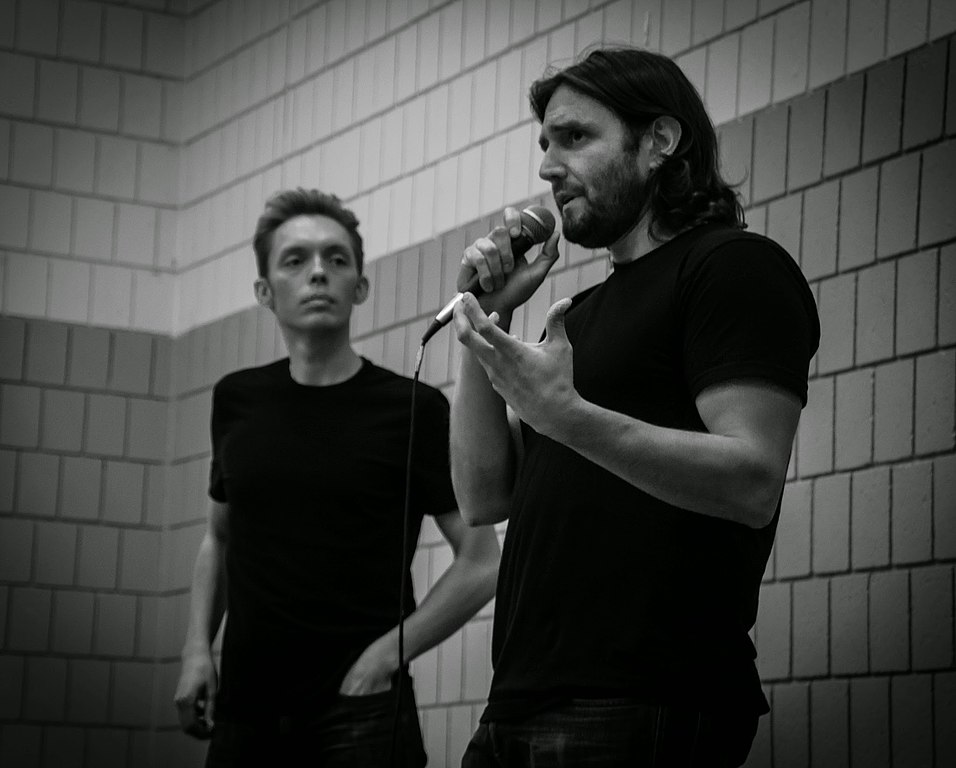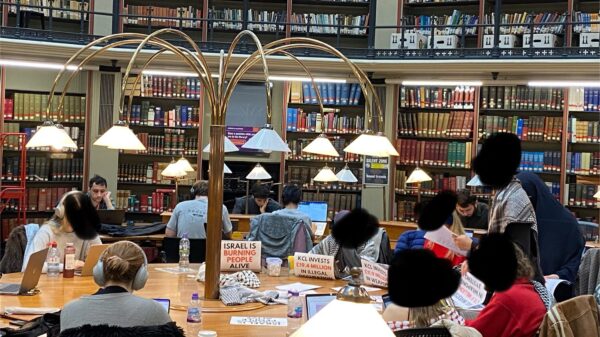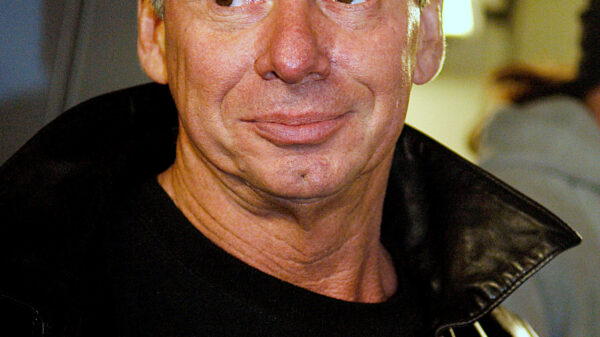Roar writer Youmna Warda reviews The Minimalists: Less Is Now documentary.
What better way to start off this year than with the embrace of a new lifestyle? Perhaps you’re seeking a more holistic approach to minimalism? Joshua Millburn and Ryan Nicodemus provide us with some insight through their newest Netflix documentary, The Minimalists: Less is Now. The film features several experts in consumerism, economics, and even ordinary folk who practice minimalism in their day-to-day lives.
The essence of the film is the idea that we need not have a clutter of ‘stuff’ to feel happy. It may seem practically impossible to ditch consumerism in today’s increasingly capitalist society, but I’d like to suggest that you could possibly be deeming it too impractical. Let me explain. Upon hearing the word minimalism, you might start picturing a frugal life or a torturous seclusion from the pleasures of society. However, this is far from the truth.
The duo essentially debunk those myths. Millburn explains how his life was practically the embodiment of the “American Dream.” For instance, he found success in the corporate world as his former company’s youngest director, reaping the benefits through luxury living. From expensive cars to a “big suburban house with more toilets than people,” Joshua was living the dream. Or so he thought.
Inevitably, he found himself chasing what could not be chased, and consequently, yearning for a life he really didn’t want. Thus, the film is highlighting the ubiquitous effects of external material validation; in other words, the vague notion of success is inextricably linked to the accumulation of ‘stuff.’ Consumerism tells us that purchasing any particular product is a recipe for an arbitrary definition of success and happiness.
The film also points to the increase in advertisement spending over the years. Annie Leonard, a prominent critic of consumerism, features in the film. She highlights how consumerism entraps us into a cycle of never feeling adequate. The film advocates for a detachment from such distractions by focusing on what really matters in life.
“Everything that is the ceiling today, becomes the ground floor for a new level you’re trying to get to.” – This quote, which appears in the film, is by T.K. Coleman, director of the Foundation of Economic Education, and it really resonated with me. The fact of the matter is that there exists a persistent thirst for more. Societal pressures are always looming over our heads, telling us we should strive for an arbitrary level of infinite success. Don’t get me wrong, there is absolutely nothing wrong with striving for self-improvement. I’m a huge proponent of that. However, the issue the film is trying to highlight is that we are doing ourselves inevitable harm in assuming that self-improvement is solely materialistic or monetary. Seeking that external dopamine starves us from the true essence of what intentional living really is.
“Our Memories are not in our things, our memories are inside us,” Joshua said while giving an emotional account of accessing his childhood memory box while clearing out his mom’s apartment after her death. From his elementary school paperwork to old childhood photos, he recalled feeling that his mom was holding onto a piece of him. But what she had failed to realise is that he wasn’t living inside that box. Holding onto those boxes that had been sealed for over two decades did nothing but lock away those memories. The energetic memories, the ones that could actually make us feel something, are currently inside us. Of course, there’s nothing wrong with holding onto memorabilia or certain items of value. Although it is important to recognize what we’re really holding onto – are we just perpetually mesmerized by nostalgia through a plethora of meaningless objects?
Ryan Nicodemus had similarly experienced immense discontent with his life, despite ‘having it all.’ The documentary depicts how he managed to declutter his life in a seemingly orthodox way – a packing party. He decided to pack up everything in his home into boxes, as though he was moving. Then, he’d only get to unpack the items he’d need for the next 21 days. That included clothing items, a toothbrush and toothpaste, a few cooking utensils. Ryan revealed, through his experiment, that 80% of his items remained in those boxes. Moreover, he was only utilising or holding onto what was adding value to his life.
This is what minimalism entails. It means different things to different people. Such nuance gives us room to really focus on the cathartic nature of the practice. I’ve touched on how incorporating some minimalism into your life does not equate an abandonment of what makes us happy. It’s simply a matter of ‘Is this really making me happy?’ or ‘Do I really need to purchase this?’. This does not negate luxurious spending or looking after ourselves to seek financial stability. If anything, the film urges us to look after ourselves through a lens of intentional living.
You can watch The Minimalists: Less Is Now on Netflix.

















